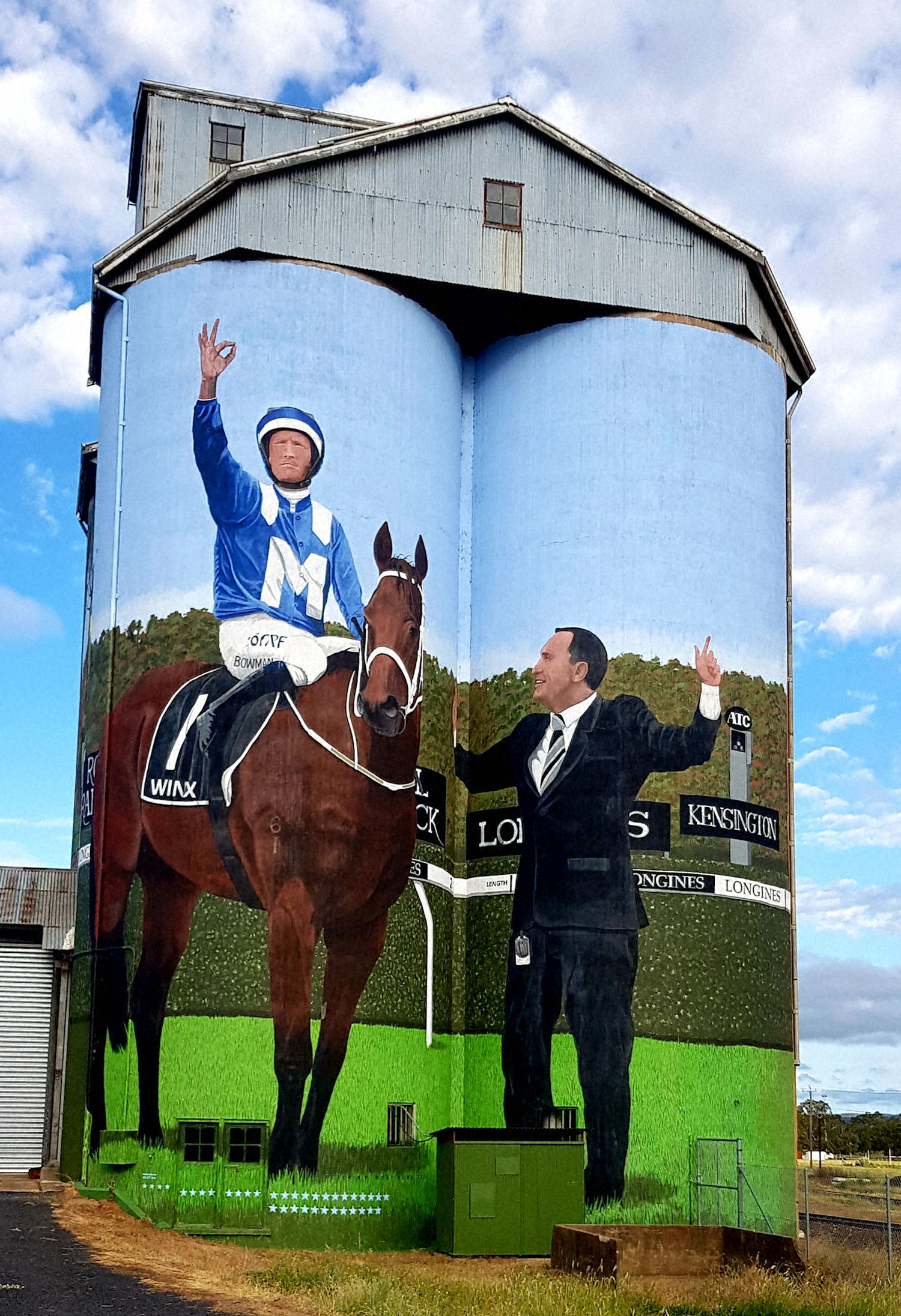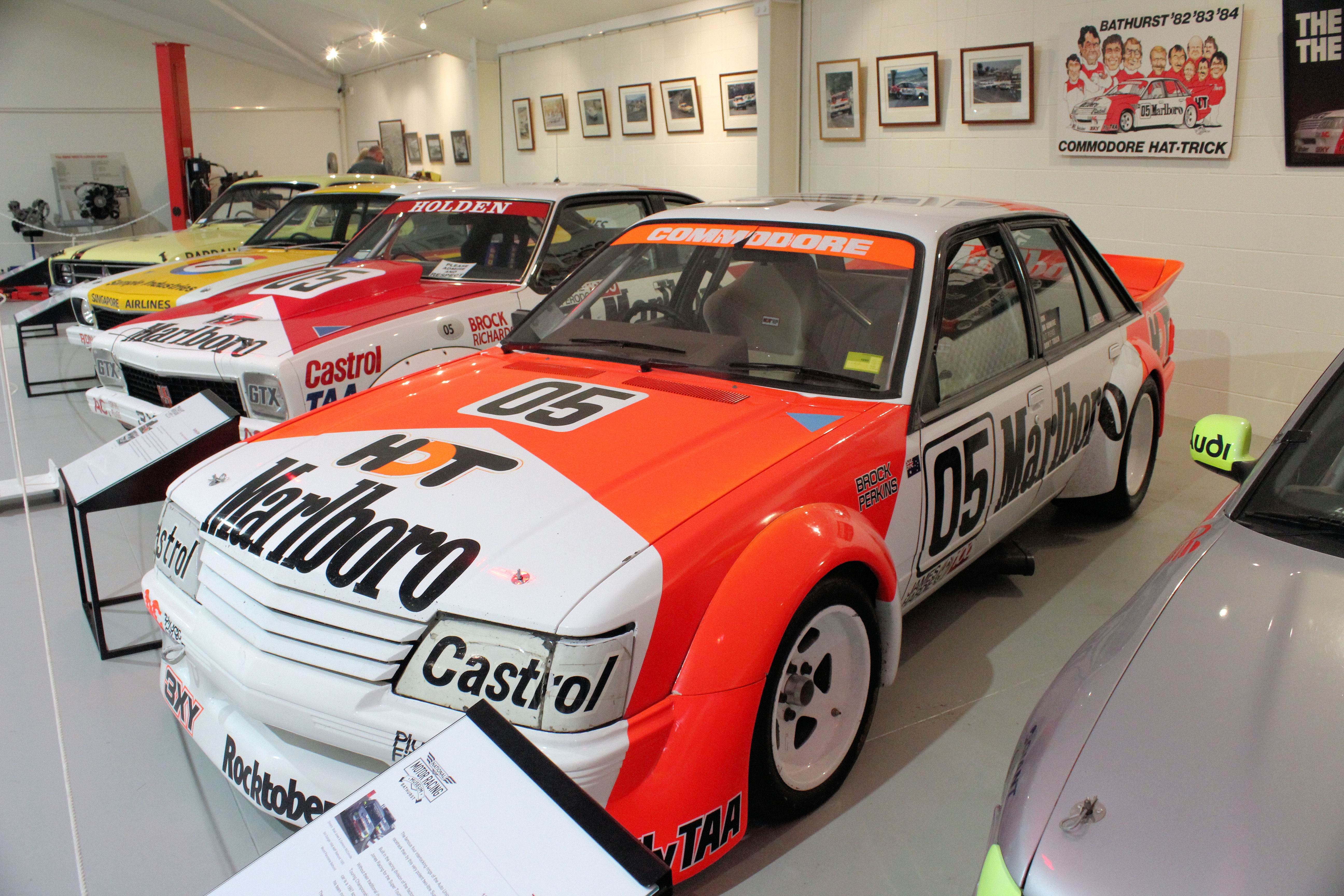Tag: Central West
-
Dunedoo Silo Art Racehorse Winx

Dunedoo Silo Art Located at the junction of the Golden and Castlereagh Highways, Dunedoo has joined the list of town with grain silo art. This is an interesting choice of subject, because the jockey, Hugh Bowman is from Dunedoo. Bowman won 33 of Winx’s 44 races (she won a total of 38 of the 44… Read more
-
Bathurst

Bathurst New South Wales We drove to Bathurst New South Wales from Lithgow, after visiting the Abercrombie Caves The main reason for our visit was to see the National Motor Racing Museum at Mount Panorama. While in the town, we took the opportunity to look around and experience what the town had to offer. We… Read more
